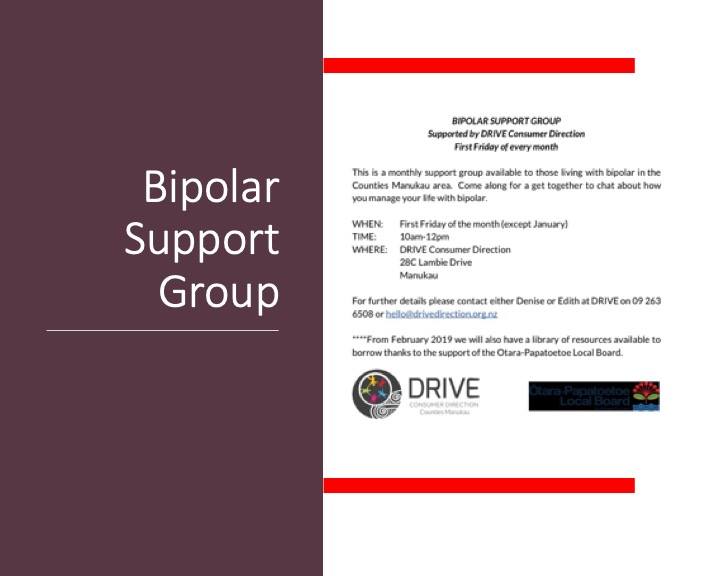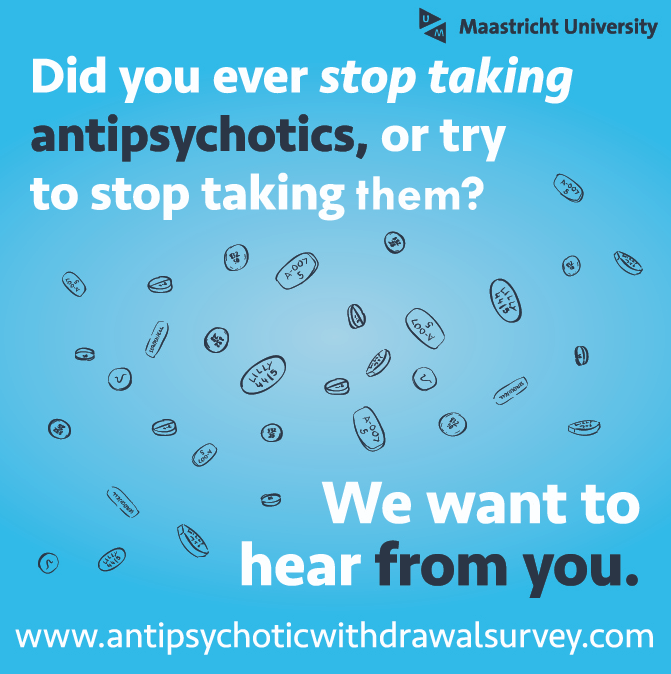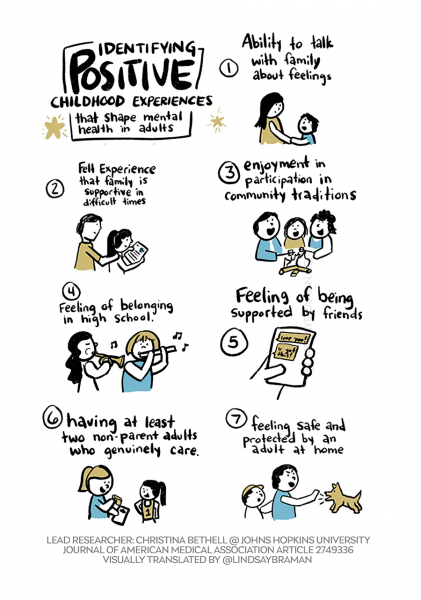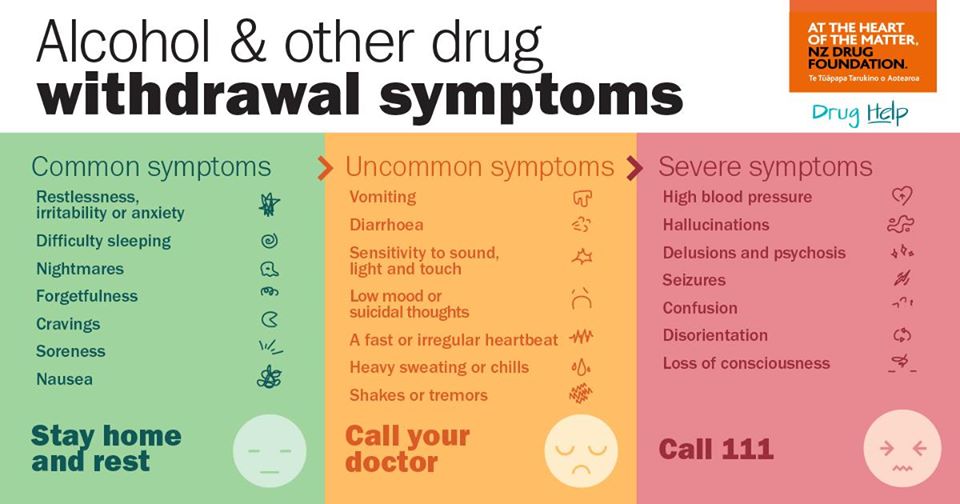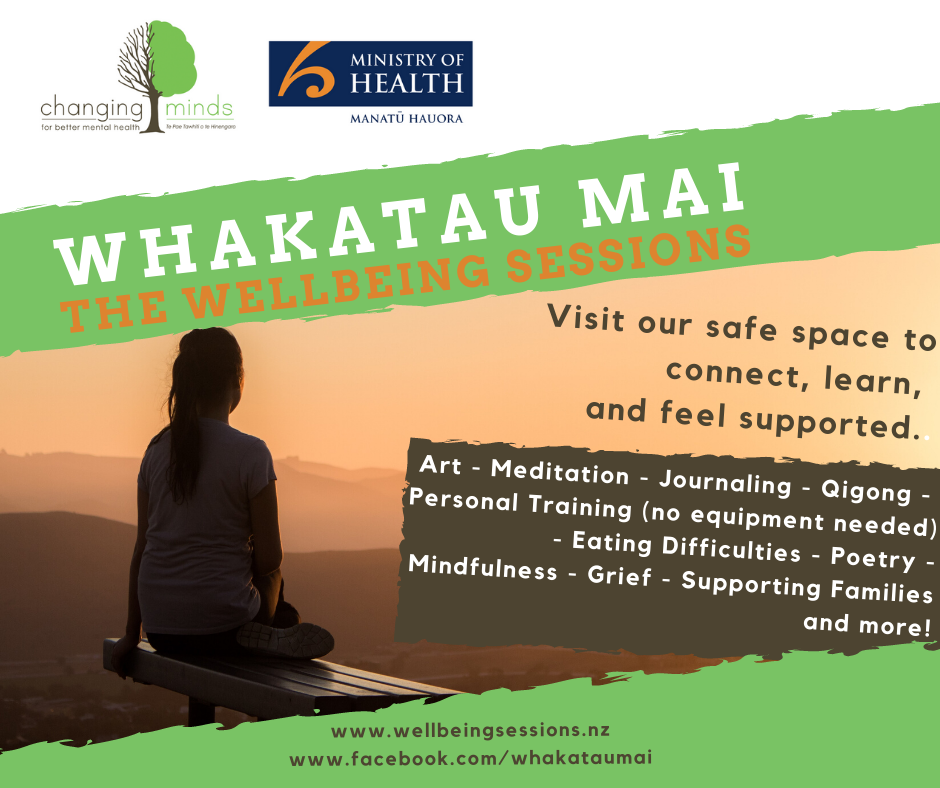The British Psychological Society’s Division of Clinical Psychology released a position statement on clinical psychologists with lived experience of mental health difficulties on the 19th of August.
The document opens by stating, “The Division of Clinical Psychology publicly recognises and supports the unique and valued contribution that lived experience of mental health difficulties brings to individuals working within clinical psychology.”
It goes on to recognise how many therapists with lived experience there are among the profession, the diversity of these experiences, the complexity involved in making decisions to disclose these experiences, the impact of stigma, and the value these experiences bring to the work and the field as a whole.
They close by writing, “Overall, this statement wishes to make clear that lived experience of mental health difficulties does not have to be a barrier to training or practising as a clinical psychologist. On the contrary, people with lived experience are an asset to the profession and make a significant contribution to it”.
As a therapist with lived experience myself, it is a wonderful thing to see these points written down by such a well respected group. I look forward to the day that the professional bodies here in New Zealand take similar steps. I am incredibly grateful to the good folks at In2Gr8 Mental Health for the hand they had in making this a reality.
Read the full position statement here www.bps.org.uk/news-and-policy/statement-clinical-psychologists-lived-experience-mental-health-difficulties

